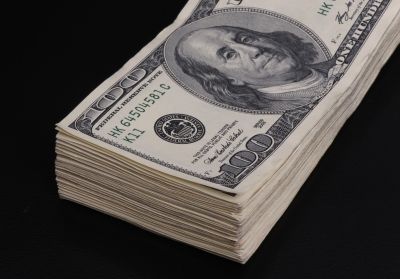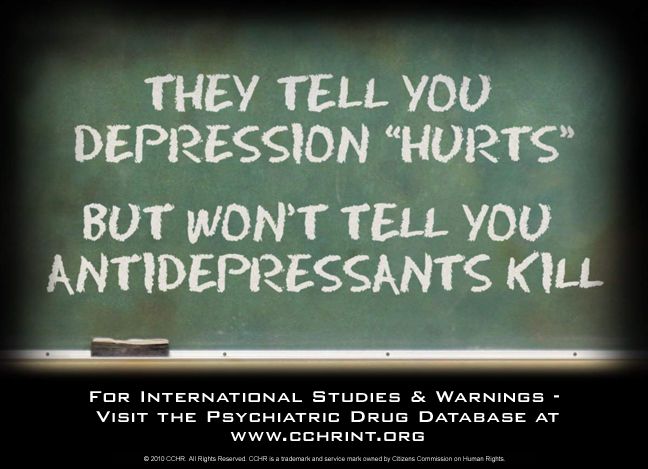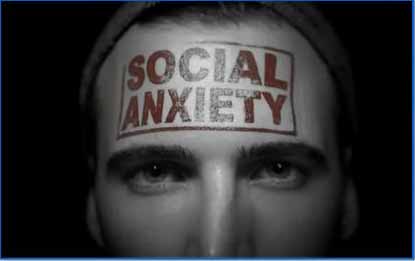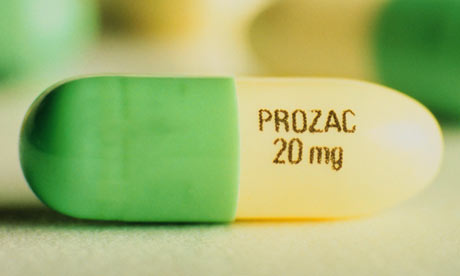
California claims drug giant bribed docs to prescribe
California has joined a whistleblower lawsuit that claims Bristol-Myers Squibb Co. bribed doctors to prescribe its drugs, costing insurers perhaps millions of dollars in the largest alleged health care fraud case ever handled by the state, Insurance Commissioner Dave Jones announced Friday. The suit claims company salespeople plied physicians with speaking fees, expensive meals, gifts and trips to induce or reward them for prescribing large amounts of its drugs, which were billed to private insurers.
For example, the company invited doctors to attend Los Angeles Lakers games at Staples Center and spent thousands of dollars on luxury suites, the suit claimed.
“Golf outings, basketball camps, samba lessons, you name it,” Jones said at a news conference. The lawsuit said the aim was to boost prescription levels for legally approved and so-called “off-label” uses of drugs ranging from the antipsychotic Abilify to the blood thinner Plavix.




